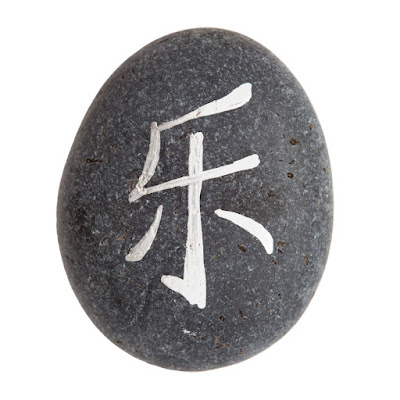In Mandarin Chinese, 念 (Pinyin: niàn 🔊) is a word with many meanings. As a verb, it can mean “to miss”, “to long for”, “to think of”, “to recall”, “to consider”, “to contemplate”, “to worry”, “to be anxious about”, “to feel compassion for”, “to show affection for”, “to commemorate”, “to pay tribute to”, as well as “to study”, “to learn”, “to read aloud” or “to chant”. As a noun, it can mean “idea”, “thought” or “memory”.
Lawrence J. Howell writes in his Etymological Dictionary of Han/Chinese Characters:
As per 今 (contain) + 心 heart/emotions → thought/idea contained deep within the heart (compare 意) → caution (← profound idea).
Once again, Howell mentions the meaning “contain”, this time for 今. However, 今 really means “current”, “now”, “present”. On the other hand, 含, itself a phono-semantic compound of 今 and 口, in addition to its original sense “to keep in the mouth”, can indeed mean “to contain”, “to harbor”, etc. Could it be that 口 “mouth” in 含 simply got replaced with 心 “heart”, so 含 “to keep in the mouth” → 念 “to keep in the heart”?
Some compounds of 念 include
- 意 + 念 = 意念 (yìniàn): thought, notion, will
- 思 + 念 = 思念 (sīniàn 🔊): to miss, to think of, to yearn for, to reminisce
- 想 + 念 = 想念 (xiǎngniàn 🔊): to miss, to think of, to yearn for, to reminisce
- 念 + 想 = 念想 (niànxiǎng): to miss, to cherish; thought, idea, impression; souvenir, keepsake, memento
- 念 + 白 = 念白 (niànbái): spoken parts of a Chinese opera
- 念 + 念 + 不 + 忘 = 念念不忘 (niànniàn bù wàng): to keep in mind constantly; to never forget
念 is a simplified form of a traditional character 念, which is also used in Japanese. As you can see, there is no much difference, apart from the stroke under the “roof” 𠆢.
In Japanese, 念 is pronounced nen (ねん) and means “thought”, “feeling”, “care” or “concern”.
念入て 一茶
nen irete sashi toru mushi ya kiku no hana carefully measured Issa
(Translated by David G. Lanoue) |
More photos related to thought, hanzi and calligraphy @ Shutterstock.

















